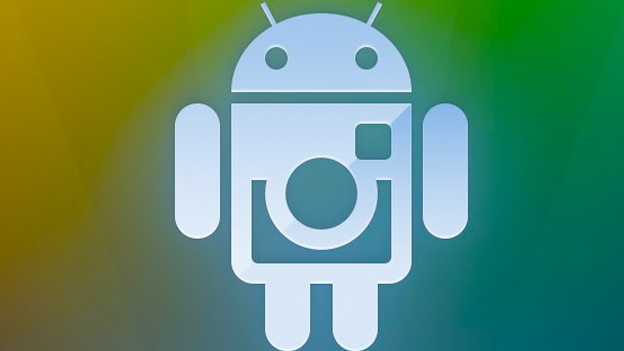Is Instagram's future like Flickr's?
Social buy-outs don't always end very well

Sign up for breaking news, reviews, opinion, top tech deals, and more.
You are now subscribed
Your newsletter sign-up was successful
Once upon a time, there was a really, really popular photo sharing service. Its popularity didn't go unnoticed, and one day a giant internet firm with an inferior photo system came along and gobbled it up.
"We look forward to working with them for their innovation and product development," the big firm's spokesperson said, promising that the photo service would remain a stand-alone business for the foreseeable future.
No, not Facebook buying Instagram - although the wording and the promises were spookily similar. I'm talking about Yahoo!'s acquisition of Flickr.
These days, Flickr's a shadow of its former self. As founder Stewart Butterfield says on Quora, it was "being starved for resources and I'm pretty sure that would have happened at Google too."
Flickr was *the* social network for sharing photos, long before most people knew what a social network was. Now, though, it's lost the sharing space to Google, to Facebook and to Instagram.
Is history about to repeat?
Lost focus
The vast majority of social networking acquisitions end badly. Facebook bought the check-in service Gowalla and shut it down. It bought the feature phone app developer Snaptu and shut it down. It bought group messaging service Beluga and shut it down. Meanwhile over at Google the death toll includes social network Jaiku, social search service Aardvark and social gaming platform Slide, and Yahoo's bought and shuttered more services than we've had hot dinners.
Sign up for breaking news, reviews, opinion, top tech deals, and more.
What's the problem? In many cases, it's that the acquisitions are talent hires: the buyer wants the brains behind the product, but isn't too fussed about the product.
That's where the "we'll keep this going forever!" "Did we say forever? We meant we're shutting it down!" reversals tend to come from: the buyer did intend to keep the service going, but decided after the fact that it didn't really need to, or want to.
In other cases, it's that the buy was a defensive one: the product threatens something the buyer already does, or could do if an enemy acquired it. Once again, it's not long before "we'll keep it going without changing it" becomes "we're shutting it down on Friday" - but this time shutting it down was the plan all along.
Lost interest
Last but not least, there's what I think happened to Flickr: Yahoo! bought Flickr with the best intentions and promptly lost interest. Instead of riding a rollercoaster of venture capital cash, Flickr became a remote, unloved outpost of an enormous empire.
Rather than fuelling the fires of innovation, Yahoo! effectively made Flickr beg for loose change to keep the central heating on.
Maybe Instagram isn't doomed. Maybe this will be like Google's acquision of YouTube, a long bet that's paid off handsomely without making the service an also-ran.
But the odds are against it, and of course it's been bought by a company whose vision of the internet is one where Facebook *is* the internet. The deal looks like a cross between a talent buy and a defensive one, and those rarely end well.
I can't help thinking that when you look at Flickr today, you're seeing Instagram's best possible future.
- We’ve picked out the best image hosting websites

Contributor
Writer, broadcaster, musician and kitchen gadget obsessive Carrie Marshall has been writing about tech since 1998, contributing sage advice and odd opinions to all kinds of magazines and websites as well as writing more than twenty books. Her latest, a love letter to music titled Small Town Joy, is on sale now. She is the singer in spectacularly obscure Glaswegian rock band Unquiet Mind.